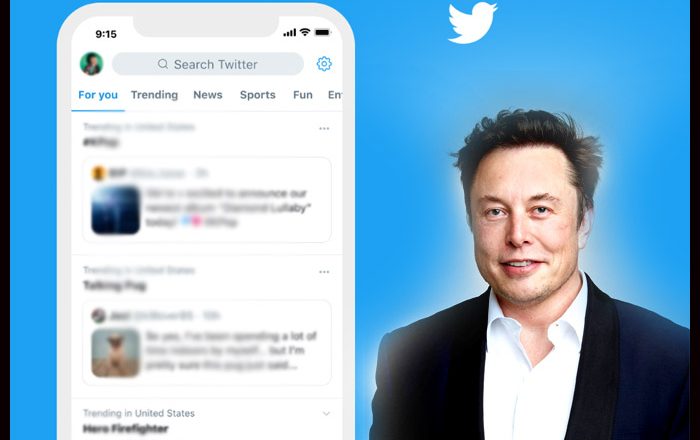Whistle Blower Claims May Make Elon Musk Exit From $44 Bln Deal Easier
The former security chief of social media platform Twitter (TWTR) has filed a whistle blower complaint whose claims, if they turn out to be true, could make Elon Musk’s path to walk away from his $44 billion bid for the company much easier.
Peiter “Mudge” Zatko, a highly respected hacker who was fired from Twitter in January has sent a 200-page letter to authorities disclosing that the top officials at Twitter had violated rules and regulations by hiding instances of lax security, and eschewing resources to know about the presence of fake accounts.
The issue of fake accounts is central to the legal battle between Musk and Twitter, which has taken him to court in an attempt to make him complete the take-over, which he had abandoned mid-way.
The whistle blower charges about fake accounts may changes the tone of the lawsuit, which is all set to begin in Delaware Chancery Court from October 17. Before the claims were made, some legal experts had expected the court to ask Musk to complete the deal.
When he decided to abandon the Twitter deal, Musk had accused the company of breaching the contract by holding back its methods used in the public filings to estimate that less than 5 percent of its 238 million monetizable daily active users or “mDAUs” are fake or spam accounts. Musk and his lawyers claim that numbers to be higher.
The whistle blower is now singing the same tune as he has claimed that Twitter has no idea how many of its total users are spam or verified users, and its employees are disincentivized to find out.
If Zatko’s claim is correct that Twitter does not know its total number of bots, and there is an investigation into whether Twitter can accurately estimate mDAUs, legal experts are of the opinion that it will become easier for Musk to cry out fraud and make use of that to exit the deal.
In response to Zatko’s claims, a spokesperson for Twitter raised doubt about that timing, calling it “opportunistic” and noting that Zatko had been fired in January based on “ineffective leadership and poor performance.”
“What we’ve seen so far is a false narrative about Twitter and our privacy and data security practices that is riddled with inconsistencies and inaccuracies and lacks important context,” the spokesperson added.
Chester Spatt, former chief economist and director of the SEC’s Office of Economic Analysis, while giving his take on the issue said that Zatko’s complaint will be a real issue for Twitter if it shows that the company’s leadership knew that it made misrepresentations to regulators.
“The Twitter leadership is basically being accused of lying, and in particular that those lies, indirectly, would have permeated regulatory filings on which investors must reasonably rely,” Spatt said.
Source: Read Full Article

